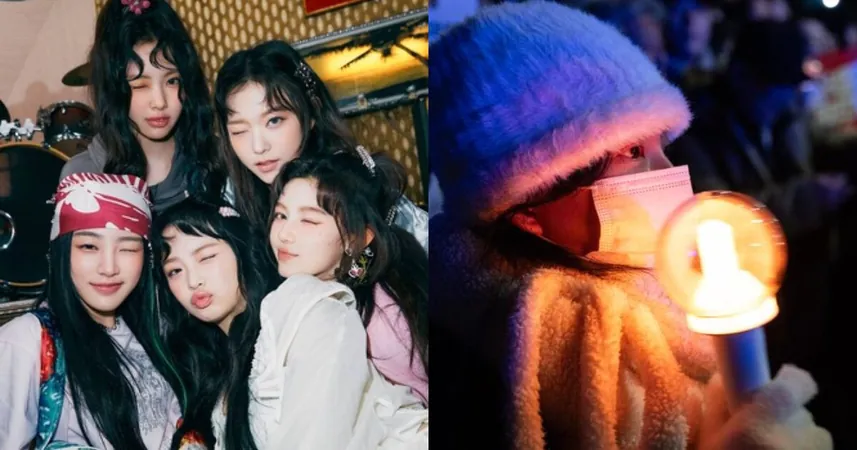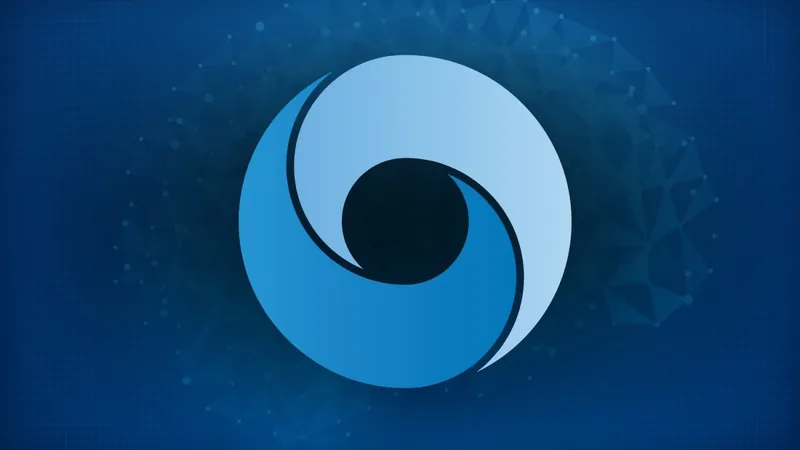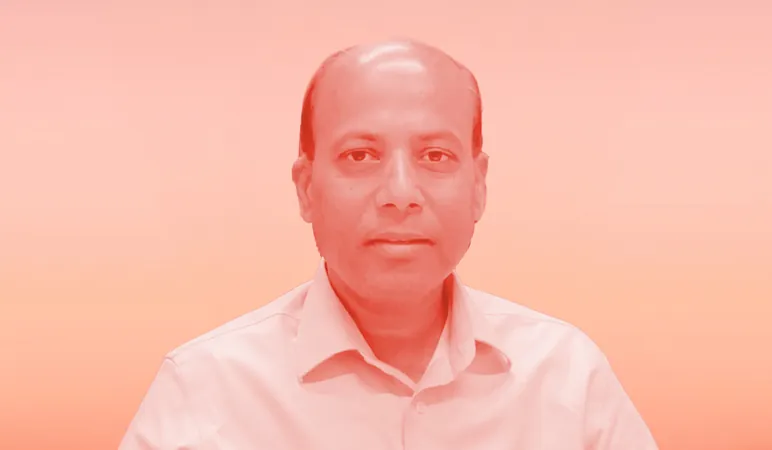
Backlash Against Celebrity Support for Protesters: The Boycott That Failed
2024-12-16
Author: Mei
In the midst of ongoing impeachment rallies in South Korea, an unexpected backlash followed the recent outpouring of support from local celebrities for the demonstrators. The situation intensified after President Yoon Seok Yeol’s controversial declaration of martial law on December 3, which prompted an array of public protests against his administration.
In a show of solidarity, numerous celebrities, including popular singer IU, took steps to support the protesters. On December 13, IU’s agency announced their initiative to provide food and warmth to rally attendees enduring the harsh winter weather. The efforts included pre-ordering 200 pieces of bread, 100 rice cakes, 200 drinks, and 200 bowls of gukbap from local vendors in Yeouido, aiming to uplift the spirits of those braving the cold while holding light sticks in support of their cause.
Celebrities such as acclaimed director Park Chan Wook, Girls’ Generation member Yuri, and rising group NewJeans also joined the cause, arranging similar provisions for supporters at the rallies. Their generous contributions symbolized not only a commitment to social activism but also a connection to the public’s sentiments.
However, in a surprising twist, some netizens launched a boycott targeting the brands affiliated with these celebrities, calling for consumers to shun products endorsed by them. They publicly shared the names of brands and products linked to these stars, sparking a mix of reactions online.
Despite the initial fervor of the boycott, one of the brands involved publicly addressed the situation, stating to Ilgan Sports that they “saw the related news, but there was no significant change in sales over the weekend.” This revelation has led many to conclude that the boycott efforts had little to no impact on the brands' performance.
In a time of political turmoil and social unrest, a portion of the Korean online community defended the celebrities, arguing a boycott during such important moments was both unnecessary and counterproductive. The event highlights the complexities of celebrity activism and the public's perception of support during significant political movements, ultimately reflecting a society grappling with both support for democratic engagement and the tensions that come with celebrity influence.
This turn of events raises important questions about how public figures choose to engage with contemporary issues and the potential consequences of their actions. In an era where social media can amplify voices for or against any movement, it's clear that while many see the value in celebrity involvement in activism, reactions to that involvement can be sharply divided.


 Brasil (PT)
Brasil (PT)
 Canada (EN)
Canada (EN)
 Chile (ES)
Chile (ES)
 España (ES)
España (ES)
 France (FR)
France (FR)
 Hong Kong (EN)
Hong Kong (EN)
 Italia (IT)
Italia (IT)
 日本 (JA)
日本 (JA)
 Magyarország (HU)
Magyarország (HU)
 Norge (NO)
Norge (NO)
 Polska (PL)
Polska (PL)
 Schweiz (DE)
Schweiz (DE)
 Singapore (EN)
Singapore (EN)
 Sverige (SV)
Sverige (SV)
 Suomi (FI)
Suomi (FI)
 Türkiye (TR)
Türkiye (TR)